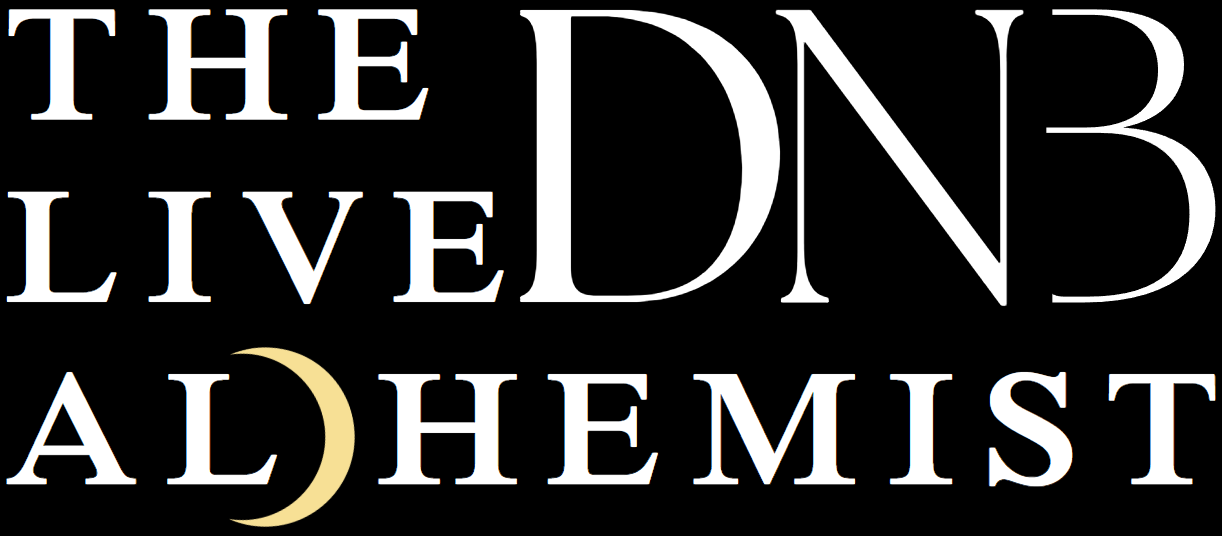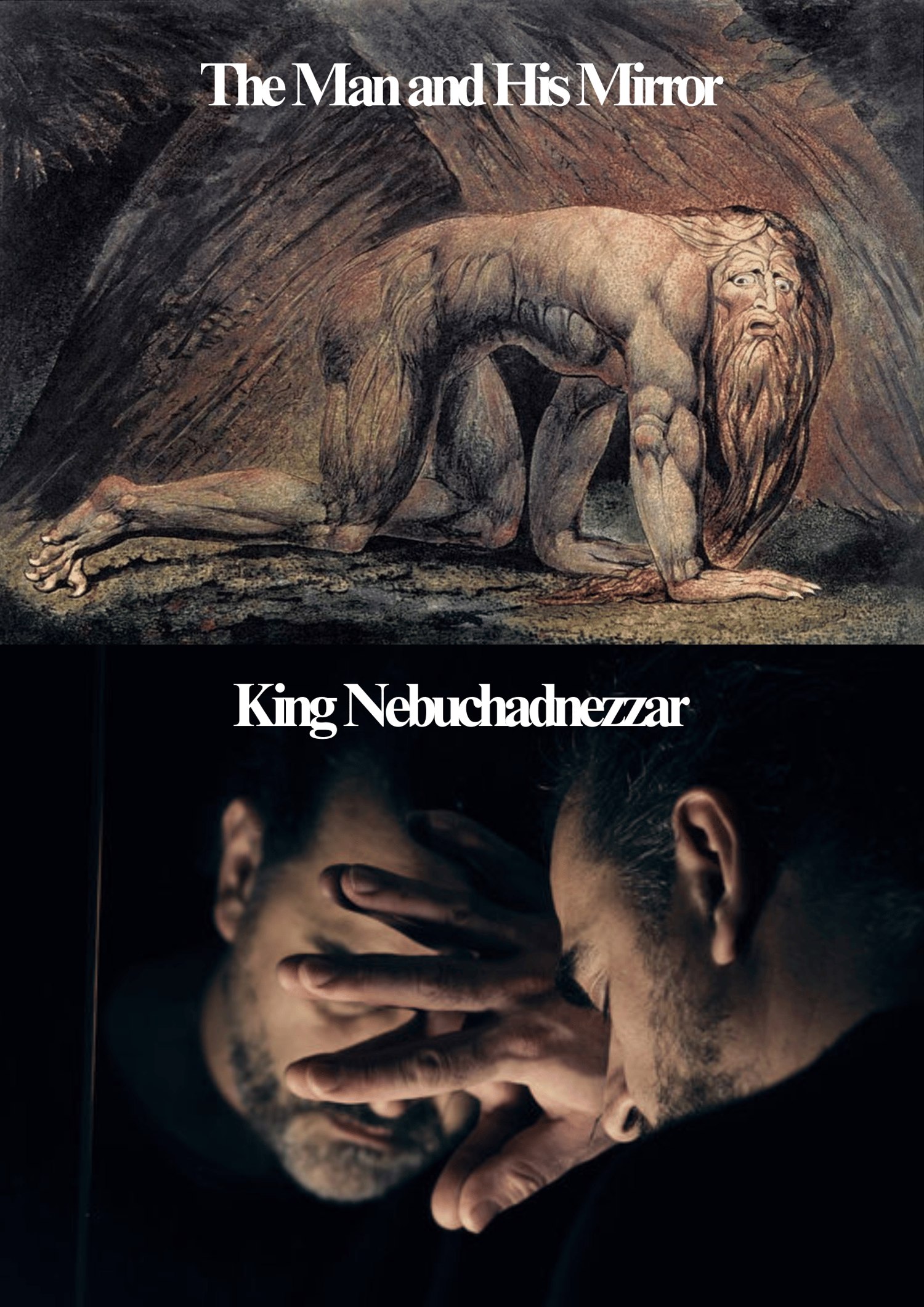A tale not just about vanity, but about the destructive grip of Pride.
There was a man who stood before his mirror every morning. His reflection was perfect, flawless. He admired the angles of his face, the sharpness of his jaw, the gleam in his eyes. He was proud of what he saw.
Every day, he would straighten his tie and give his reflection one last glance before stepping into the world, ready to conquer it. The world needed him, he thought. After all, he had built himself up from nothing.
One day, as he walked through a crowded street, a child approached him. The child, filthy and ragged, tugged at his sleeve.
“Please,” the child begged, “can you spare a coin? I haven’t eaten in days.”
The man paused for a moment, inspecting the child with a mix of indifference and disdain. He looked at the child’s ragged clothes, then back at his own pristine suit. He straightened his tie.
“No,” the man said sharply. “I don’t have time for beggars.”
He walked on, brushing past the child without a second thought. He was too busy, too important.
Later that evening, he was invited to a lavish party. Everyone there was eager to speak with him, to hear his thoughts, to bask in his presence. He was the one everyone wanted to impress, the one with all the answers. His pride soared as he mingled, confident in his place at the top.
But just as the night wore on, a man in tattered clothes entered the room. He looked out of place—disheveled, scruffy. The crowd grew silent, eyeing him with judgment.
The man who had been so proud—who had once looked down on the child—now looked at the newcomer with disgust. “Who invited him?” the man muttered under his breath.
But the tattered man didn’t care for the judgment. He walked straight to the host, a well-dressed individual who had been eagerly awaiting him. With a friendly handshake, the two exchanged pleasantries.
The man’s pride faltered as he realized that the tattered man was not a stranger but an old friend of the host, someone the host respected deeply. As the night continued, the man felt small, lost in a sea of faces that didn’t notice his absence, his achievements, his carefully curated image.
It was then, standing alone in the corner, that the man saw something in the reflection of a nearby mirror. He saw a man—proud, yes, but empty, isolated, consumed by his own inflated image.
He had built walls around himself, thinking them to be a fortress, only to find that the walls kept others out, and him in. In that moment, he understood: his reflection, like the walls of his pride, had become a prison.
Moral:
Pride doesn’t lift you up; it isolates you.
Questions to Reflect On:
- When was the last time you judged someone based on their appearance or status?
- Have you ever found yourself choosing pride over connection?
- How do you respond to those who are different from you, or who might be seen as “beneath” you?
- What would it take for you to step outside of your own pride and truly see another person?
- If your reflection didn’t lie, what would it show about the walls you've built around yourself?
Pride is a dangerous thing. It doesn’t give; it only takes. It blinds us to the humanity of others, turning neighbors into obstacles and opportunities for connection into challenges to conquer. When you start to believe your reflection, you forget that the world is full of people—imperfect, messy, and real—just like you.
Pride asks, What can I take from this moment?
But humility asks, What can I give to it?
Pride is a fortress. Humility is an invitation. The choice is yours.


